General Secretary To Lam with the people of Tu Son city, Bac Ninh province _Source: nhandan.vn
Ho Chi Minh's thoughts on happiness
Happiness is to be fully devoted to a noble ideal.
Happiness does not stop at the meaning of enjoyment, but is the process of creating value for society. With all the spirit of a communist soldier, President Ho Chi Minh considered the greatest happiness of his life to be fully devoted to the happiness of the nation. It was this great desire for happiness that became the invincible source of strength that helped him overcome countless difficulties and hardships in finding a way to save the country and the nation.
Human happiness is the reason for President Ho Chi Minh's life. As the leader of the Vietnamese revolution, President Ho Chi Minh asked the Party and the Government to constantly strive to "make every effort to make everyone happy" (1) . To realize this noble ideal, first of all, each cadre and party member must find meaning in the task of contributing to the happiness of the nation and people. President Ho Chi Minh asked the cadres and party members to cultivate themselves and constantly train themselves to have less material desires; with work, he advised "For the happiness of the nation... We must deeply engrave the words "justice and integrity" in our hearts" (2) .
The happiness of the Vietnamese people is the ideal that President Ho Chi Minh pursued throughout his life. Ho Chi Minh's thoughts on happiness were guaranteed by President Ho Chi Minh's own life, a noble life and always ready to sacrifice personal happiness "to steer the boat of the Fatherland through the storms, and safely reach the shore of happiness for the people" (3) . It can be affirmed that President Ho Chi Minh was a happy man and opened an era of happiness for the entire Vietnamese people.
Happiness is linked to independence and freedom
Independence - freedom - happiness is the motto that President Ho Chi Minh gave to the first democratic state in Vietnam. Accordingly, happiness is the highest goal of the struggle for independence and freedom; happiness is also the basic condition for maintaining independence and freedom. In particular, happiness plays a role in affirming and consolidating the value of independence and freedom. If we fight to regain independence and freedom without enjoying happiness, then that fight is not thorough. In the condition that the "young" independence and freedom are facing a "thousand pounds hanging by a thread" situation, President Ho Chi Minh still resolutely directed: "We have fought for freedom and independence, but if people still starve and freeze to death, then freedom and independence are useless. People only know the value of freedom and independence when they have enough to eat and wear" (4) . Because having food, clothing, and education satisfy basic human needs, happiness is the top priority to realize the revolutionary achievements of the Vietnamese people.
Happiness associated with independence and freedom is a familiar truth in the development process of each country; however, President Ho Chi Minh added a revolutionary and radical character to the true happiness of the Vietnamese people. Happiness is not only the driving force for the struggle for independence and freedom of the Vietnamese people, but also contributes to encouraging the working people around the planet to stand up and fight for their own happiness. As praised by Romesh Chandra, former President of the World Peace Council: “Wherever there is a fight for independence and freedom, there is Ho Chi Minh and the Ho Chi Minh flag flies high. Wherever there is a fight for peace and justice, there is Ho Chi Minh and the Ho Chi Minh flag flies high. Wherever people fight for a new world, against poverty, there is Ho Chi Minh and the Ho Chi Minh flag flies high” (5) . Thus, not only did President Ho Chi Minh strive to realize the value of happiness, linked to independence and freedom for the Vietnamese people, but he also brought true and thorough happiness to working humanity.
Happiness is associated with fairness and equality
Happiness associated with justice and equality is the goal and ideal that President Ho Chi Minh pursued for all social classes. He affirmed: "The elimination of inequality in enjoyment and happiness is not for the majority but for everyone" (6) . As a progressive thinker, President Ho Chi Minh always considered happiness a legitimate right that every nation and people deserve to enjoy. President Ho Chi Minh mentioned the great thought of Thomas Jefferson in the 1776 Declaration of Independence of the United States that: “All men are created equal. They are endowed by their Creator with certain unalienable rights, among which are the right to life, the right to liberty, and the pursuit of happiness” (7) . He also “extended” and raised the legality of the rights of all nations in the new era: “All nations in the world are born equal; every nation has the right to life, the right to happiness, and the right to freedom” (8) . President Ho Chi Minh went beyond the implication of emphasizing the position and right to happiness of white men - "All men" in Western bourgeois democratic thought. He considered happiness from the perspective of "all" people, without distinction of gender, religion, ethnicity, political stance, etc. With a heart of love for humanity, President Ho Chi Minh generalized and completely supplemented the value of happiness; the subject enjoying happiness was generalized from the nation to humanity, from the country to the whole world.
For happiness to be a product of a fair and equal society, according to President Ho Chi Minh, it is necessary to follow the path of the October Revolution, because "The October Revolution opened a new era not only for Russia, but for the whole world, it affected the internal changes of countries in the world" (9) . That is the era of communism, the first stage of which is socialism. With its revolutionary and radical nature, the new era ensures a future of happiness, fairness, and equality for all mankind. President Ho Chi Minh analyzed: "Only communism can save mankind, bring to all people regardless of race and origin freedom, equality, charity, solidarity, prosperity on earth, jobs for all and for all, joy, peace, and happiness" (10) . Thus, President Ho Chi Minh expanded the perception from the happiness of the Vietnamese people to the happiness of humanity; Only socialism and communism can ensure people's happiness in true and complete justice and equality.
Happiness is sharing and solidarity
According to President Ho Chi Minh: “To win, each person must rely on the strength of the majority, that is, of the collective, of society. Individuals alone cannot defeat nature, cannot survive” (11) . President Ho Chi Minh’s profound analysis shows that sharing and solidarity are the ways for people to survive, to overcome all difficulties and challenges; therefore, isolation and separation from the community are the great misfortunes of each individual. It can be said that happiness is both the result of sharing and solidarity; conversely, sharing and solidarity are the ways to build lasting happiness. Thus, sharing and solidarity play a leading role, contributing to increasing the value of happiness, making happiness a humane and noble value. With that noble meaning, President Ho Chi Minh constantly encouraged and promoted happiness in sharing and solidarity throughout the revolutionary leadership of the Vietnamese people.
Happiness is sharing and solidarity, here it is not understood as dividing, dividing equally or leveling, according to President Ho Chi Minh it is the concern and guidance to harmoniously resolve the relationship between individual happiness (private happiness) and community happiness (common happiness). He requires each person to fight against "individualism" within themselves and "put the interests of the revolution, the Party, and the People above all, first" (12) . At that time, the happiness of the community is cultivated from many happy individuals; on the one hand, emphasizing the common happiness of the nation and people, on the other hand, President Ho Chi Minh comprehensively cares for the legitimate happiness of each individual. President Ho Chi Minh advised that the fight against individualism should not be mistaken for "trampling" on individual happiness. Throughout the process of leading the revolution, President Ho Chi Minh not only respected but always sought ways to take good care of and ensure the personal happiness of all the masses.
It can be affirmed that President Ho Chi Minh has absorbed and enriched the tradition of national solidarity. Happiness is sharing and solidarity, both imbued with the quintessence of Vietnamese culture and imbued with the humanism of President Ho Chi Minh, making an important contribution to the awareness of human happiness, encouraging human progress to build a better world.
Happiness is a state of balanced and sustainable development.
Happiness is a state of balanced and sustainable development, meaning that the material and spiritual needs of people are met in a balanced and harmonious way. Regarding the care of material life, President Ho Chi Minh called for the implementation of "golden week", "charity rice jar", "resistance rice jar", ... towards the happiness of "having food" for the whole nation when emerging from the famine of 1945. Happiness becomes more noble and sacred when in every bowl of rice people eat there is a grain of rice "shared rice and clothes" of the leader - leader Ho Chi Minh.
President Ho Chi Minh always encouraged people to actively increase production and practice thrift to enjoy lasting happiness from the fruits of their own labor. President Ho Chi Minh told each citizen: “Increasing production and practicing thrift are the paths to successfully building socialism and building happiness for the people. Increasing production is the right hand of happiness, saving is the left hand of happiness” (13) . In the difficult economic conditions of the country, President Ho Chi Minh's policy aimed at building a happy Vietnamese society, with full opportunities and prosperity for all people.
Regarding spiritual care, President Ho Chi Minh considered it an essential task, no less important than material care. From a deep understanding of people, President Ho Chi Minh respected and constantly satisfied the desire for happiness in the comprehensive development of both intelligence and physical strength for each citizen. Therefore, the second key task that President Ho Chi Minh proposed to implement immediately after gaining power was to eliminate illiteracy. Through the "popular education" and "new life" movements, the entire Vietnamese nation defeated the "enemy of ignorance", gradually improved the intellectual level of the people, and constantly developed intelligence; building a living environment with many trees is also necessary to contribute to increasing joy and happiness in spiritual life. From a very early age, President Ho Chi Minh paid attention to directing the regular and continuous planting of trees and afforestation, aiming to restore and develop the country in both the resistance period and the post-war renovation period.
To achieve happiness in a state of balanced and sustainable development, it is necessary to pay attention to ensuring the happiness of the disadvantaged and those who have contributed to the revolution. President Ho Chi Minh advised: "We must take utmost care of the people's lives, especially the lives of children, families of war invalids and martyrs, the lives of people in areas heavily bombarded by the enemy, in places where the last harvest was poor...", "families with many children and low income" (14) . Thus, from the content to the beneficiaries of happiness, President Ho Chi Minh constantly expanded the meaning of happiness, associated with a state of balanced, harmonious and sustainable social development.
President Ho Chi Minh creatively applied the national cultural tradition, the quintessence of human culture, with the peak being the Marxist-Leninist viewpoint on happiness, to the specific conditions of the Vietnamese revolution, bringing a prosperous and happy life to the entire nation in the era of independence and unification after hundreds of years, thousands of years of domination. Ho Chi Minh's thoughts on happiness continue to be the "magic handbook" leading Vietnam in the new era of development, the era of the Vietnamese nation's rise.
Bright smiles on the faces of couples at the mass wedding ceremony for 100 couples who are young workers with difficult circumstances and disabilities organized by the Ho Chi Minh City Youth Workers Support Center_Source: dantri.vn
Applying Ho Chi Minh's thoughts on happiness in the new era of development, the era of the Vietnamese people's rise
Ho Chi Minh's thought on happiness is the theoretical basis for forming and developing our Party's viewpoint on the characteristics of happiness in the Vietnamese socialist model. "Happiness" is a constituent element of the fourth characteristic of socialist society in the Platform for national construction in the transitional period to socialism. in Vietnam (1991 Platform) and the Platform for National Construction in the Transitional Period to Socialism (Supplemented and Developed in 2011). This affirms the Party's steadfast awareness of the position and role of happiness in the cause of Vietnam's socialist revolution in the face of the changes of the times. The reality of nearly 40 years of implementing the comprehensive renovation of the country shows that considering people's happiness as a goal to strive for is a valuable lesson that determines all successes of the revolutionary cause. Thereby, the 13th National Congress of the Party continues to develop the issue of happiness to a new height, including it in the general guiding viewpoint, aiming to arouse "the aspiration to develop a prosperous and happy country" (15) ; simultaneously carry out the task of concretizing "all policies of the Party and State must be directed towards improving the material and spiritual life and happiness of the people" (16) .
However, the issue of happiness has not really been affirmed commensurate with its stature and value in the period of socialist revolution as Ho Chi Minh's ideological legacy on happiness has shown. In the nation's transition into a new era of development, the era of the Vietnamese nation's rise, the application of Ho Chi Minh's ideology on happiness needs to focus on synchronously implementing the following tasks:
Firstly, to strengthen and raise the awareness of the Party and authorities at all levels about the importance of happiness in planning policies, guidelines and strategies to build a country firmly entering a new era of development. Although happiness depends on the subjective feelings of each individual, it deeply reflects objective practical conditions; therefore, “People's happiness is the highest value, the ultimate goal of every individual, family, social community and also of the national administration. Building a society for the happiness of the People is the most expected goal of all policies of the Party and State” (17) . The mission of propaganda work is to orient cadres and party members to always be aware of linking their own happiness with the happiness of the nation and people; not hesitate to "go ahead" and be ready to "selflessly" contribute for the happiness of the community and society.
Second, Establish a scale of happiness index, considering the happiness index as a measure of the level of national development in the new era of development. The modern world has many methods of measuring happiness at many different levels; therefore, quantifying happiness based on the "theoretical foundation" of Ho Chi Minh's ideology on happiness is inevitable to meet the development requirements of the times, in accordance with the practical conditions of Vietnam. Standardize the scale of the national general happiness index, the happiness index of social groups so that all people can enjoy true happiness in reality, in accordance with President Ho Chi Minh's will to make "everyone have a share of happiness" in the new era of development. Using the results of measuring happiness as a standard for building the country, not only has the meaning of realizing President Ho Chi Minh's aspiration for happiness, but more broadly, also directly contributes to promoting the process of human development in a progressive and humane direction.
Third , Synchronously and effectively implement the "Seven strategic orientations to bring the country into a new era, an era of national growth" (18) ; in which, economic development with top priority focusing on science - technology development, innovation towards improving the material foundation for a happy Vietnam. People have high income, stable jobs, ensuring human living standards and happiness. Along with the economy, promote the improvement of social security with a comprehensive policy system to ensure fairness for all people in distribution, access to education, health care, employment, social insurance, social subsidies, housing, culture... In addition to financial support for disadvantaged groups, the Party and State need to pay attention to building livelihood creation policies so that they can support themselves and contribute to society.
Human happiness is not simply the satisfaction of material and spiritual needs but is also closely related to political needs. In fact, politics is an important factor affecting people's happiness. Because an unstable political system cannot create a peaceful and happy living environment for the people. Therefore, the strategic orientation of General Secretary To Lam is the premise for building a "new apparatus", aiming at the goal of good governance, maximizing the good nature of the socialist regime, where all power belongs to the people, by the people, for the people, in accordance with the will of President Ho Chi Minh.
Fourth , building a happy Vietnamese society in the new era of development with people who "live together with love and affection" (19) . People cannot be happy if they have enough material things but lack affection, a country cannot prosper if it lacks humanism. This requires us to attach great importance to the role of culture and ethics in improving people's happiness. President Ho Chi Minh once pointed out that ethics is a means of conveying culture; meanwhile, culture is a meaningful symbol of people's livelihood and happiness. People need culture to enlighten their minds and improve their spiritual lives. Under the strong impact of digital transformation, traditional culture and ethics are changing profoundly and posing many challenges that need to be solved. The Party and State need to pay attention to protecting the cultural rights and interests of the people, constantly improving the quality of people's spiritual lives, using culture to nurture people's souls, etc.; At the same time, all levels need to direct the strengthening of education on correct and positive ideals and values so that every citizen can have a meaningful and fulfilling life, joining hands to build a prosperous and happy Vietnam.
Fifth , build a happy Vietnamese ecosystem by strengthening environmental protection in the new development era. President Ho Chi Minh always paid close attention and gave specific instructions on how to behave positively with the environment, creating a sustainable happy ecological foundation for the country. In the new development era, people's happiness is not limited to food, clothing, education, etc., but also the pursuit of a good living space. Moreover, the ecological environment is currently seriously polluted, directly affecting the National Happiness Index. Therefore, the Party and the State need to continue to implement President Ho Chi Minh's instructions on building a comprehensive, synchronous, and regular environmental protection plan, from improving the Government's "green control" capacity by enhancing the effectiveness of environmental protection; turning environmental protection awareness into self-awareness in all social activities, building a widespread environmental protection culture among all classes of people; Prioritizing the development of ecological agriculture, forming a sustainable “green economy”, proactively responding to climate change;… Realizing a happy Vietnam in the new era of development requires creating a balanced, harmonious and livable natural and social environment./.
…………………………...........
(1) Ho Chi Minh: Complete Works, National Political Publishing House Truth, Hanoi, 2011, vol. 4, p. 64
(2) Ho Chi Minh: Complete Works, op. cit., vol. 4, p. 66
(3) Ho Chi Minh: Complete Works, op. cit., vol. 4, p. 191
(4) Ho Chi Minh: Complete Works, op. cit., vol. 4, p. 175
(5) Romesh Chandra: “Ho Chi Minh in the hearts of humanity”, Nhan Dan Newspaper, May 21, 1980
(6) Ho Chi Minh: Complete Works, op. cit., vol. 1, p. 47
(7), (8) Ho Chi Minh: Complete Works, op. cit., vol. 4, p. 1
(9) Ho Chi Minh: Complete Works, op. cit., vol. 7, p. 656
(10) Ho Chi Minh: Complete Works, op. cit., vol. 1, p. 496
(11) Ho Chi Minh: Complete Works , op. cit., vol. 11, p. 600
(12) Ho Chi Minh: Complete Works, op. cit., vol. 15, p. 547
(13) Ho Chi Minh: Complete Works, op. cit., vol. 14, p. 311
(14) Ho Chi Minh: Complete Works, op. cit., vol. 14, p. 964
(15) Documents of the 13th National Congress of Delegates, National Political Publishing House Truth, Hanoi, 2021, vol. I, p. 110
(16) Documents of the 13th National Congress of Delegates , op. cit., vol. I, p. 216
(17) Dang Van Luan: “The Party's new viewpoint on people's happiness in building socialism in Vietnam”, State Management Magazine, May 3, 2022, https://www.quanlynhanuoc.vn/2022/05/03/quan-diem-moi-cua-dang-ve-hanh-phuc-cua-nhan-dan-trong-xay-dung-chu-nghia-xa-hoi-o-viet-nam/
(18) To Lam: "Some basic perceptions about the new era, the era of national rise" Communist Magazine, No. 1,050, November 2024, p. 5
(19) Ho Chi Minh: Complete Works, op. cit., vol. 15, p. 668
Source: https://tapchicongsan.org.vn/web/guest/van_hoa_xa_hoi/-/2018/1101402/tu-tuong-ho-chi-minh-ve-%E2%80%9Chanh-phuc%E2%80%9D-va-dung-xay-viet-nam-hanh-phuc-trong-ky-nguyen-phat-trien-moi%2C-ky-nguyen-vuon-minh-cua-dan-toc.aspx



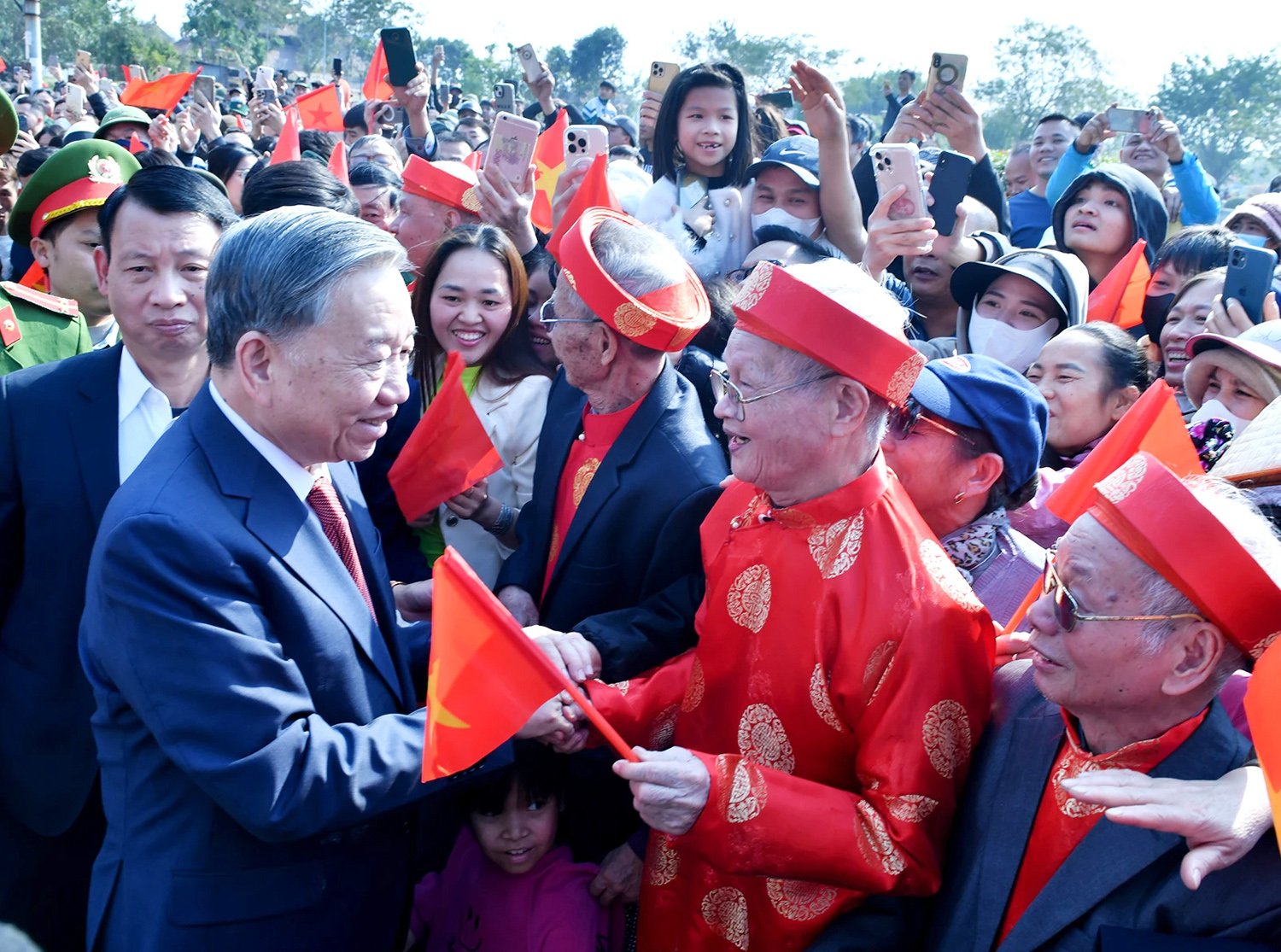
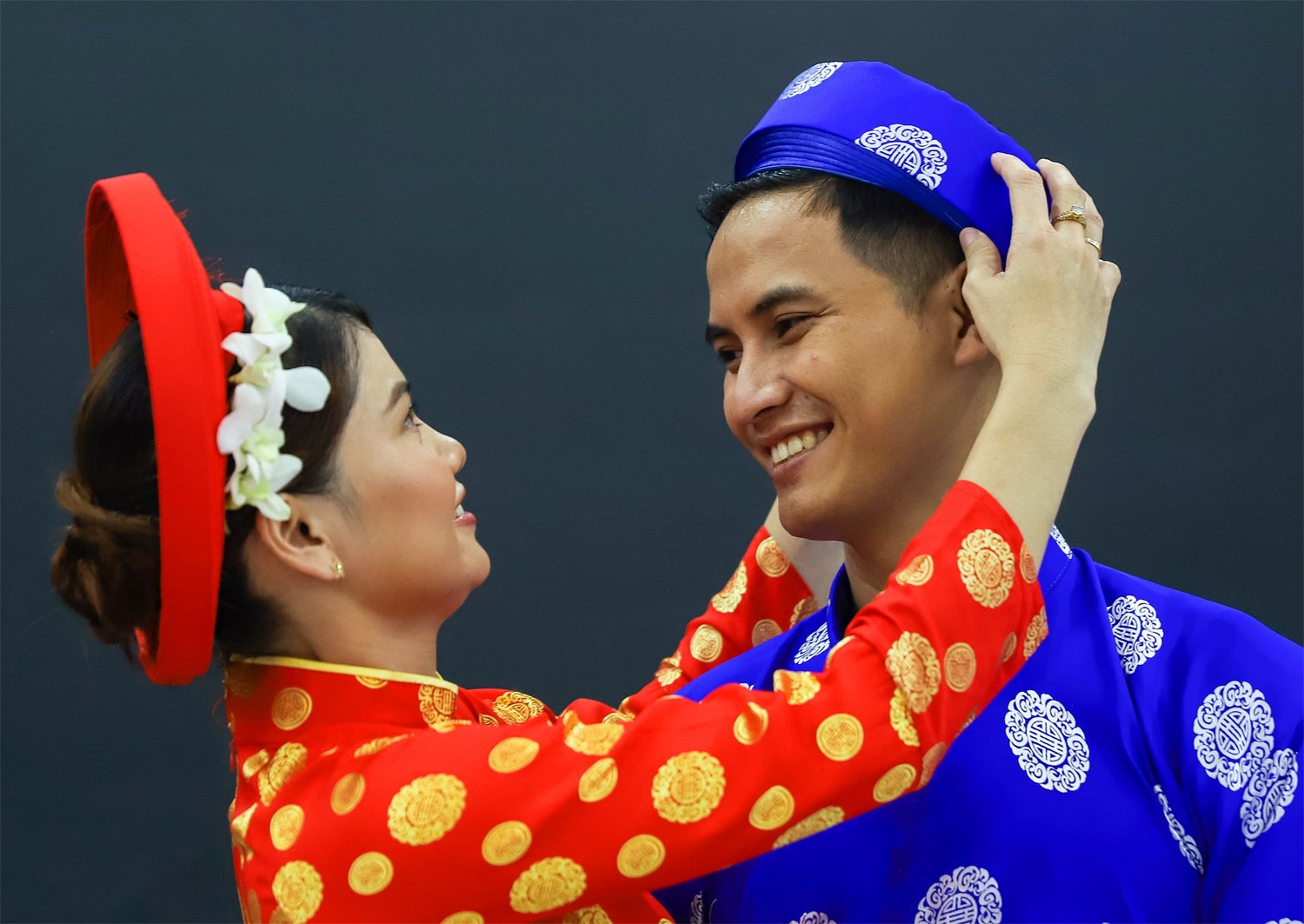
![[Photo] General Secretary To Lam receives Chairman of the National People's Congress of China Zhao Leji](https://vphoto.vietnam.vn/thumb/1200x675/vietnam/resource/IMAGE/2025/8/31/5af9b8d4ba2143348afe1c7ce6b7fa04)
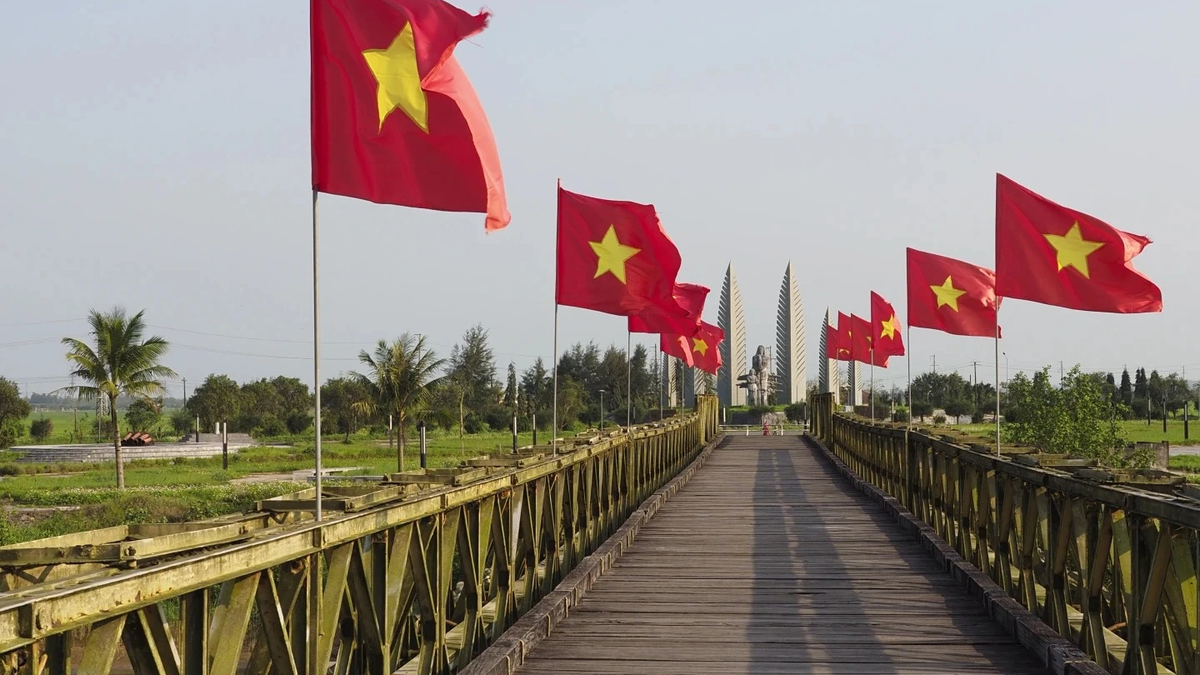
![[Photo] Marching together in the hearts of the people](https://vphoto.vietnam.vn/thumb/1200x675/vietnam/resource/IMAGE/2025/8/31/8b778f9202e54a60919734e6f1d938c3)
![[Photo] The first meeting of the Cooperation Committee between the National Assembly of Vietnam and the National People's Congress of China](https://vphoto.vietnam.vn/thumb/1200x675/vietnam/resource/IMAGE/2025/8/31/f5ed4def2e8f48e1a69b31464d355e12)

![[Photo] National Assembly Chairman Tran Thanh Man welcomes and holds talks with Chairman of the National People's Congress of China Zhao Leji](https://vphoto.vietnam.vn/thumb/1200x675/vietnam/resource/IMAGE/2025/8/31/9fa5b4d3f67d450682c03d35cabba711)
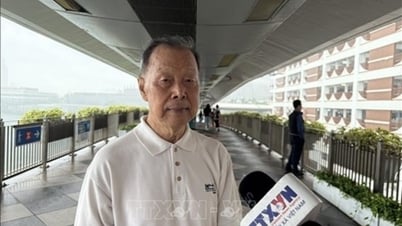

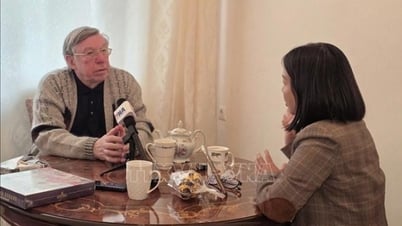
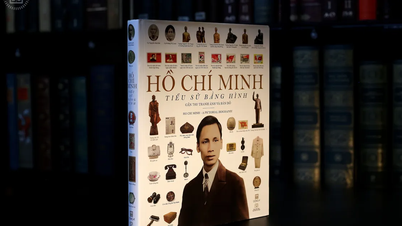

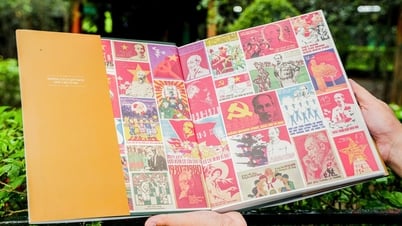

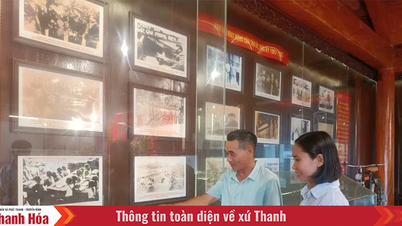

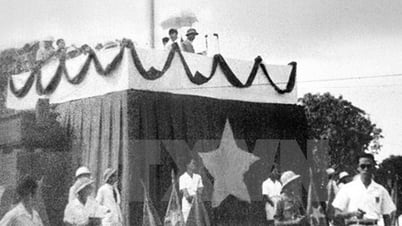

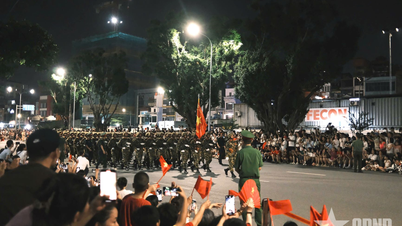

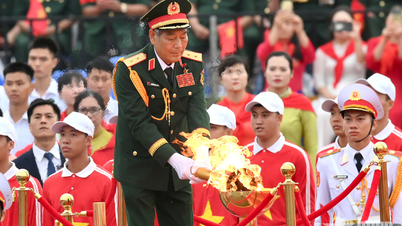
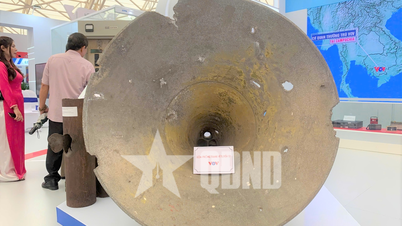





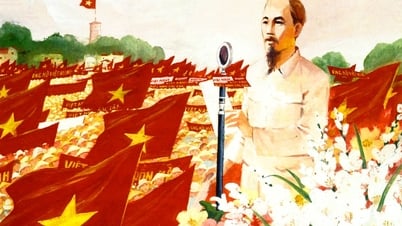
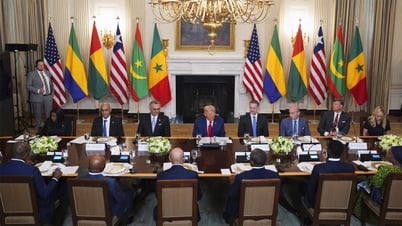
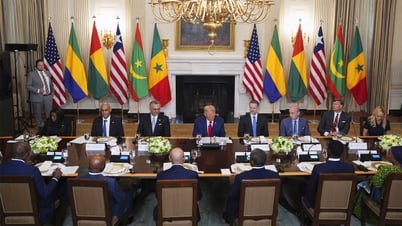
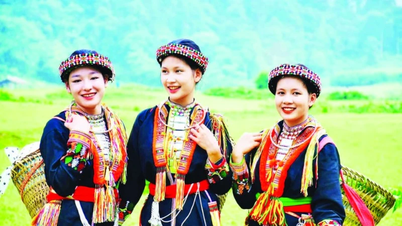





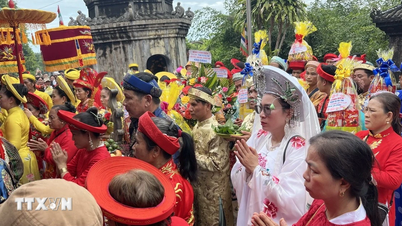

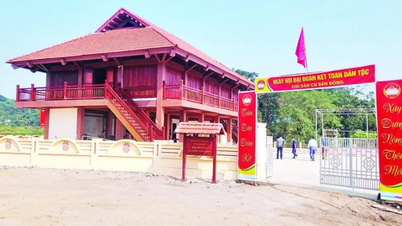

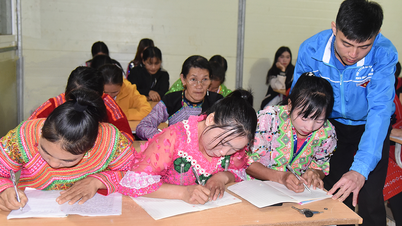
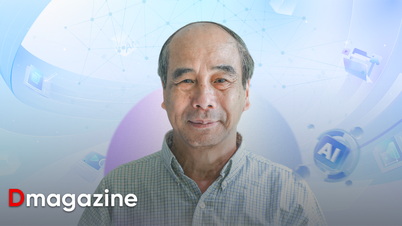


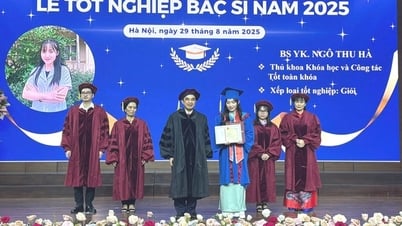

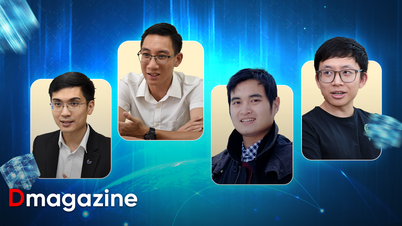
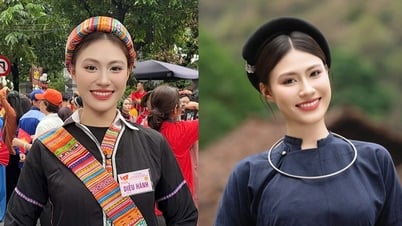






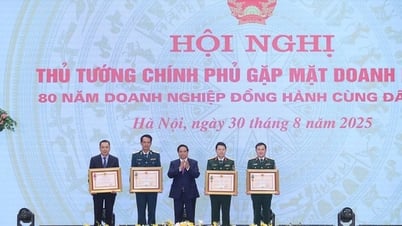
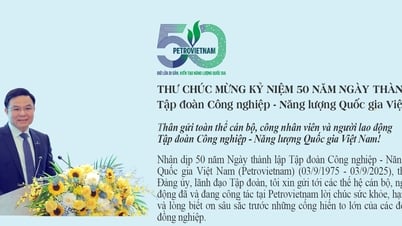


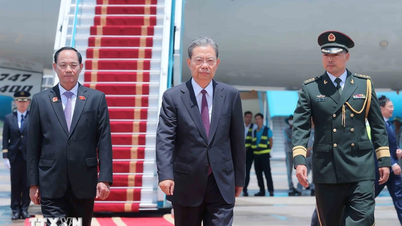

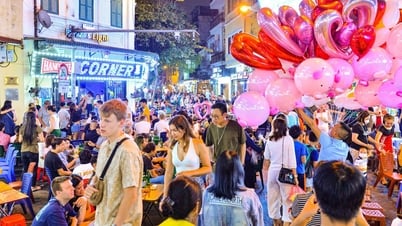
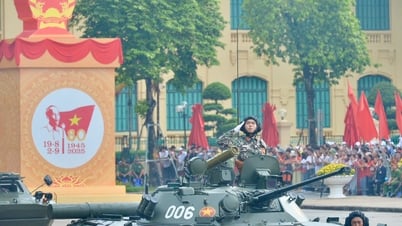

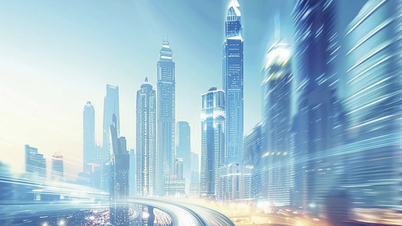
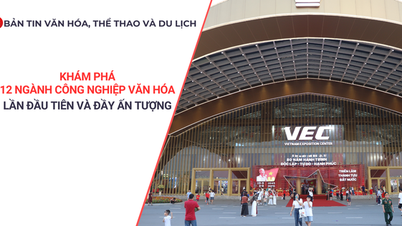


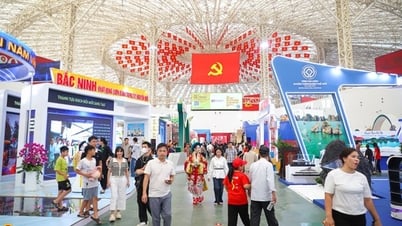

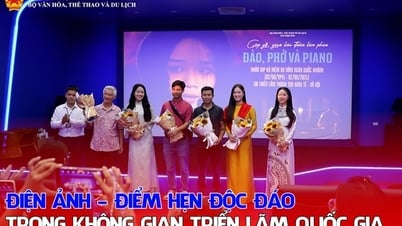
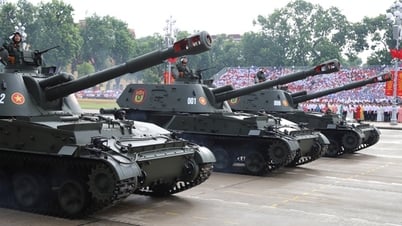
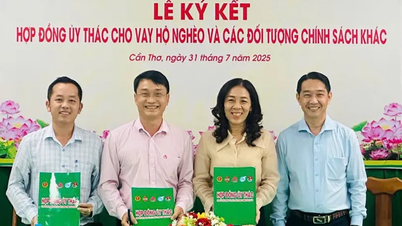

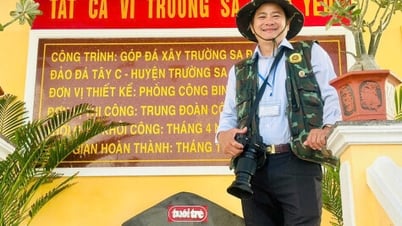

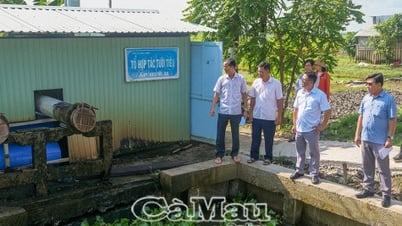
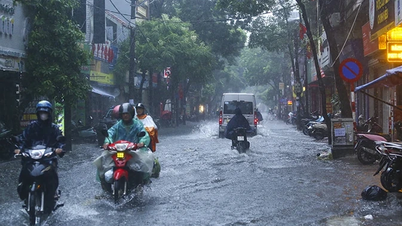


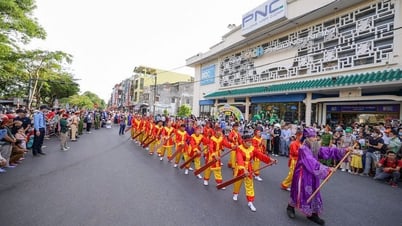

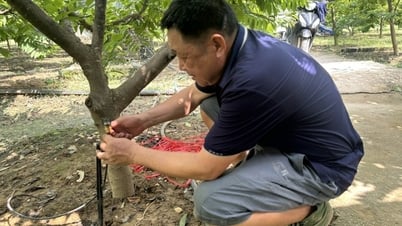

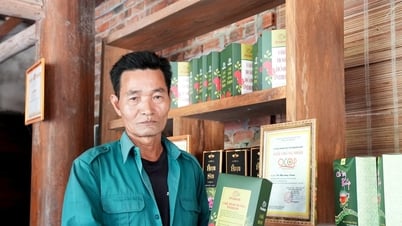

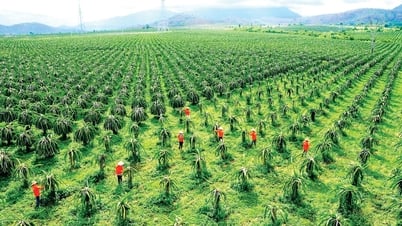


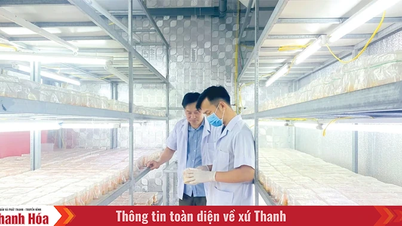

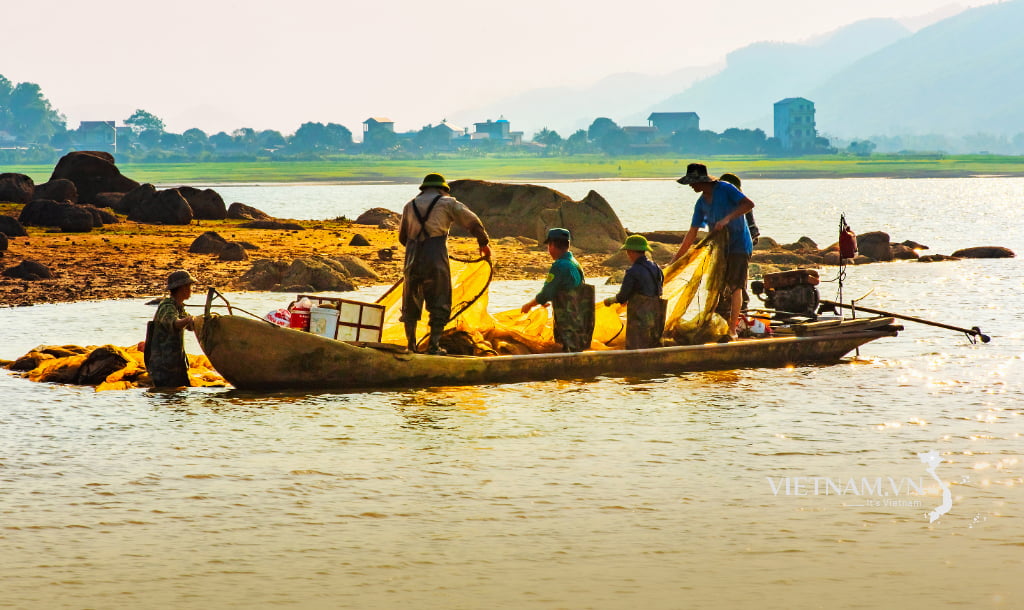
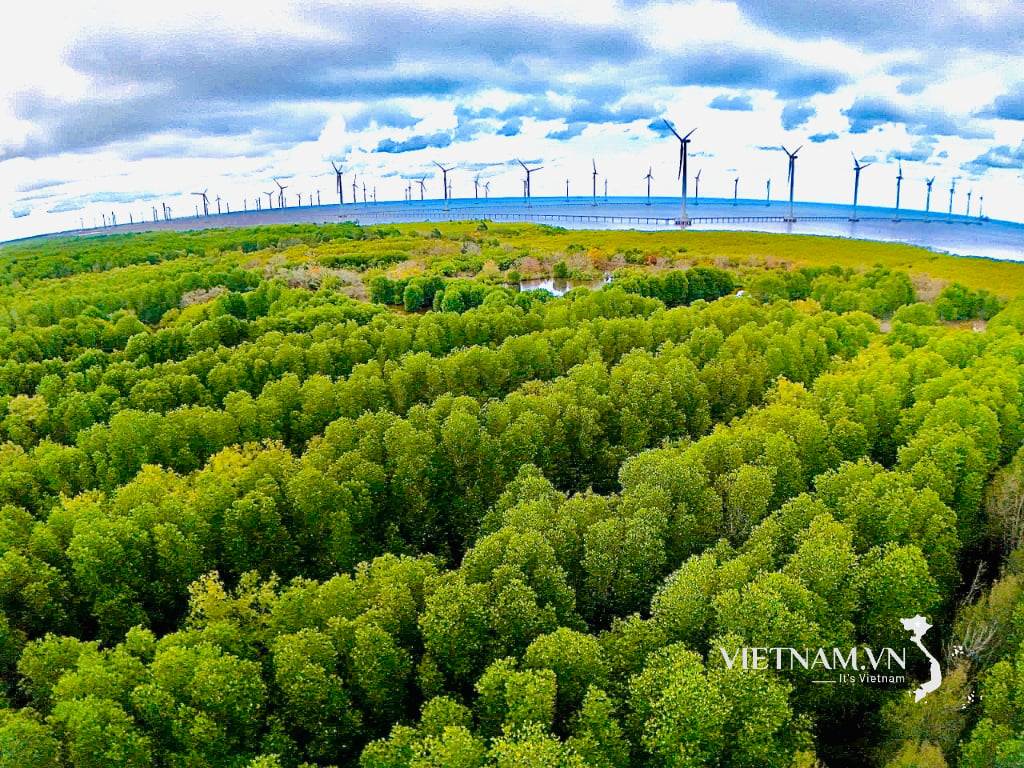
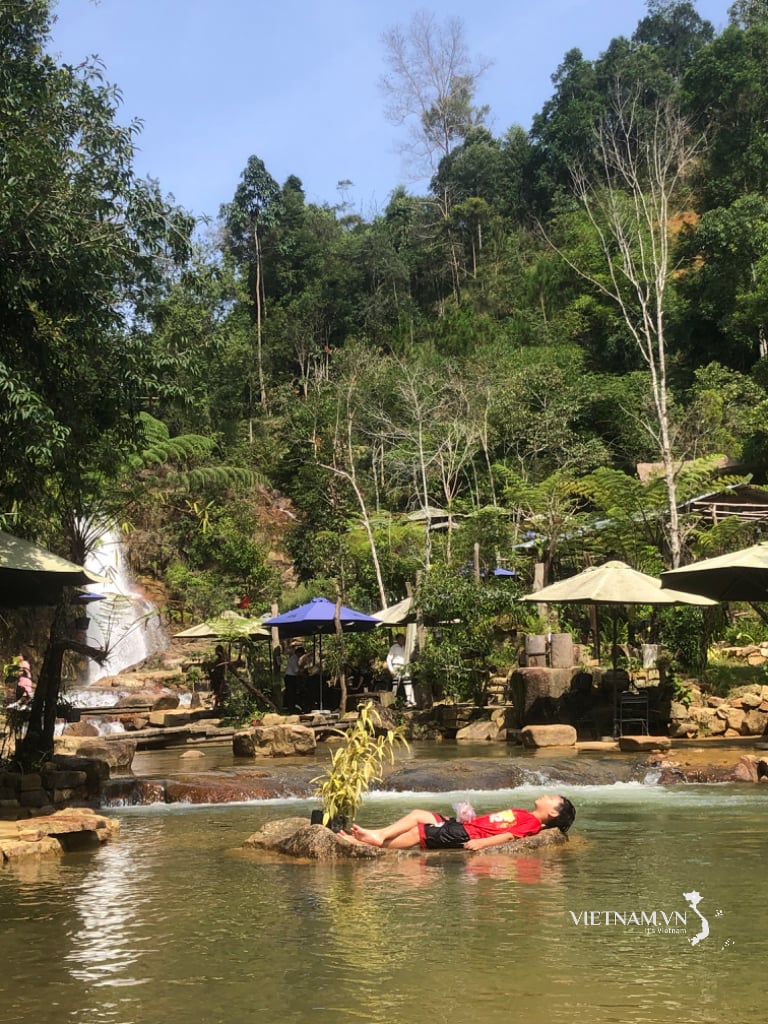
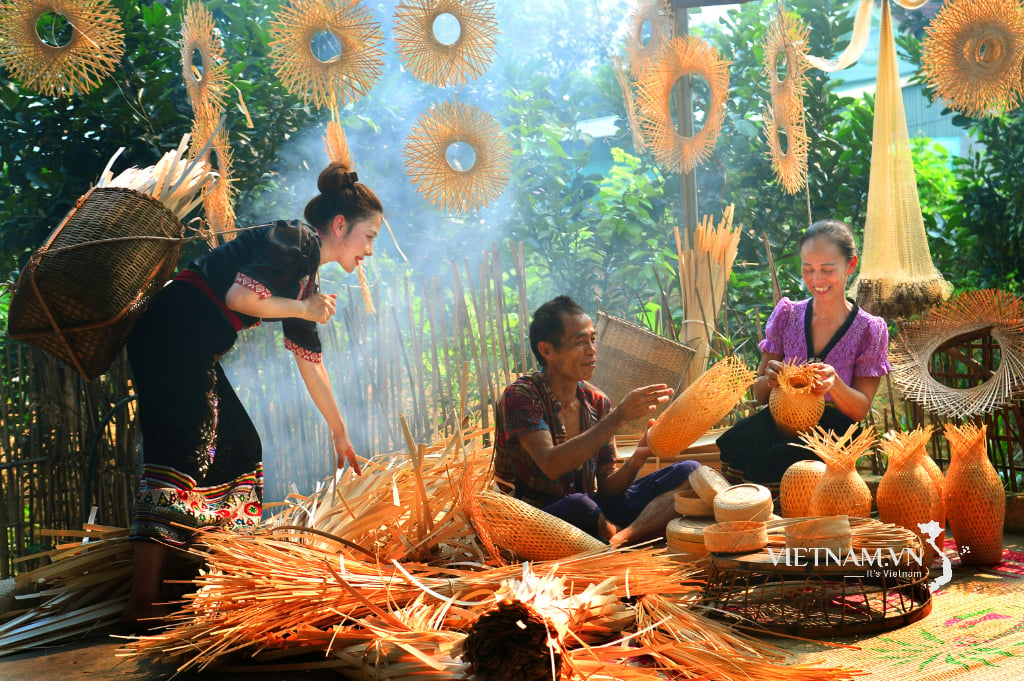
Comment (0)